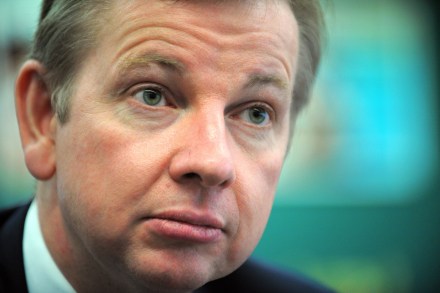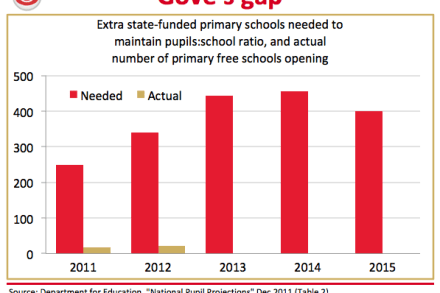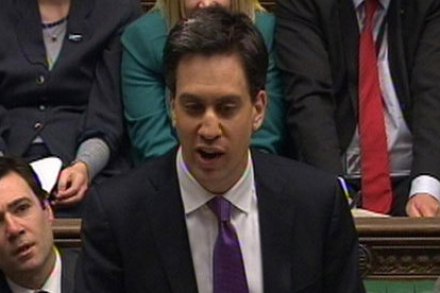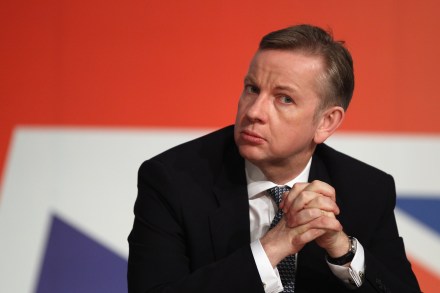Gove stands up for free speech
Michael Gove’s appearance at the Leveson Inquiry has set the heather alight in Tory and journalistic circles. There is, among those who fret about the dangers to free speech created by the current mood, relief that someone has set out the case for liberty so clearly and without apology. While among Tories there is a delight at seeing one of their ministers articulate a Conservative worldview so clearly. Gove was, in some ways, at an advantage going before the inquiry. His department has no responsibility for the press and so he knew that the focus would be on his work as a journalist and his attack on Leveson, saying that
















